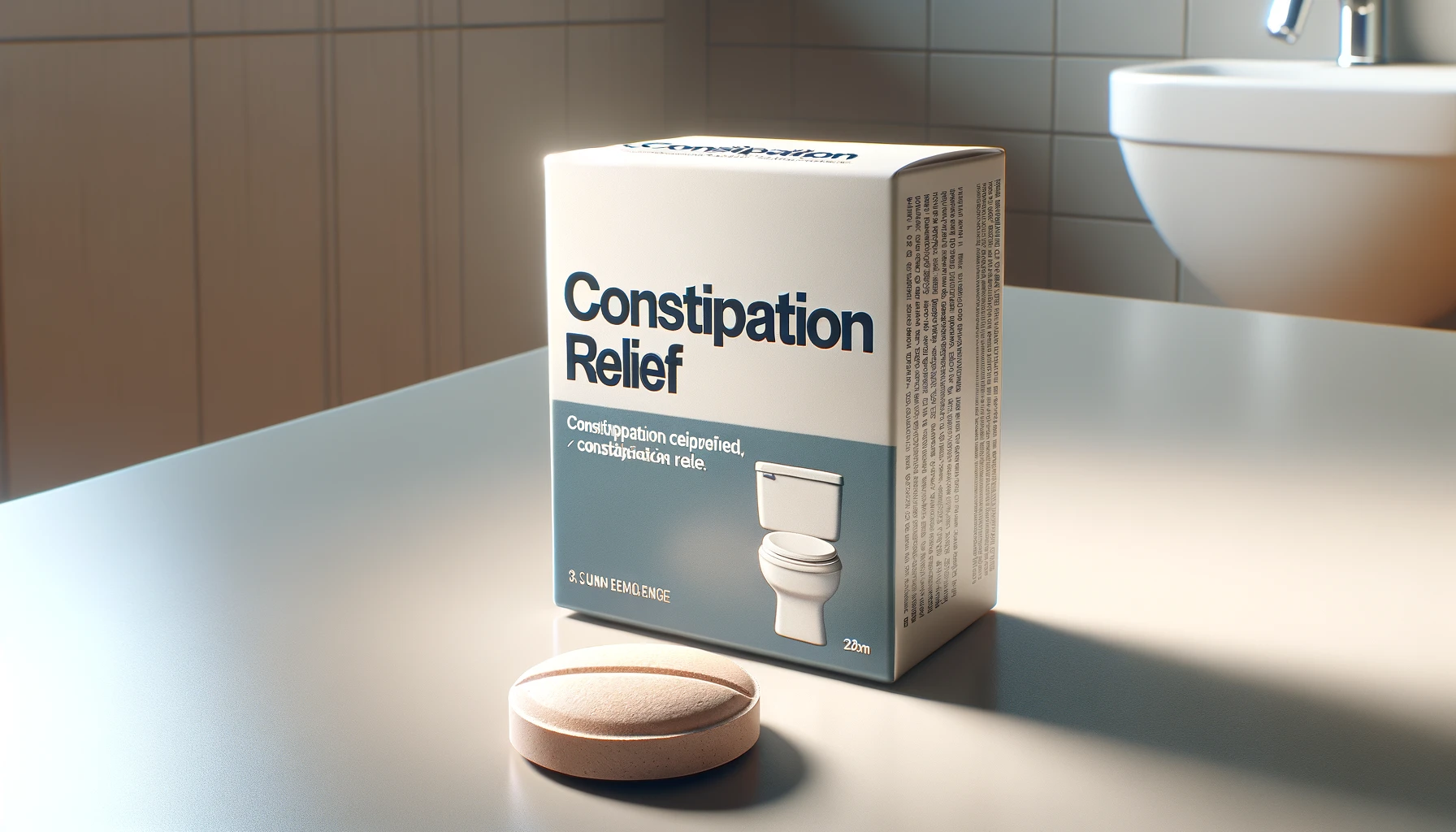Check out this answer from Consensus:
The long-term use of stimulant laxatives presents a complex risk-benefit profile. While there is no strong evidence linking chronic use to severe structural or functional damage to the colon, the potential for abuse and associated complications cannot be ignored. More extensive and long-term studies are needed to fully understand the safety implications of chronic stimulant laxative use. Until then, healthcare providers should prescribe these agents with caution, particularly for long-term use, and consider alternative treatments for managing chronic constipation.
Stimulant laxatives are commonly used to treat constipation, but their long-term safety remains a topic of debate. This article aims to review the existing literature on the potential harms associated with the chronic use of stimulant laxatives, focusing on their effects on the colon, potential for abuse, and overall safety profile.
Effects on the Colon
Several studies have investigated the impact of long-term stimulant laxative use on the colon. One study found that while stimulant laxatives can cause structural damage to surface epithelial cells, there is no convincing evidence that their chronic use leads to structural or functional impairment of enteric nerves or intestinal smooth muscle2. Another study highlighted that the evidence base does not support the use of stimulant laxatives for more than four weeks, citing the need for longer-term randomized controlled trials (RCTs) to better understand their safety and efficacy3.
Potential for Abuse
Laxative abuse is a significant concern, particularly with stimulant laxatives. Chronic use of anthraquinone derivatives and bisacodyl has been associated with conditions such as melanosis coli and cathartic colon, which are characterized by specific histological and radiological features8. Additionally, ultrastructural studies have shown that long-term laxative abuse can lead to severe damage to submucosal nerve fibers, which may correlate with clinically evident disturbances in gut motility9.
Safety Profile
The safety profile of stimulant laxatives varies depending on the specific agent and the duration of use. Senna, a commonly used stimulant laxative, has been associated with minor side effects such as abdominal cramping, vomiting, and diarrhea, which typically resolve once the type of laxative is changed or enemas are started1. However, there is no evidence of tolerance development to Senna in the pediatric population1. Another study noted that while stimulant laxatives like senna and bisacodyl are generally safe when used intermittently, there is a potential for serious reactions such as cathartic colon with overuse7.
Is long term use of stimulant laxatives harmful?
Barry L Werth has answered Unlikely
An expert from University of Sydney in Epidemiology, Pharmacology
Evidence in literature indicates that it is not harmful although stimulants are best used short-term to treat constipation rather than long-term to prevent constipation.
Is long term use of stimulant laxatives harmful?
Arnold Wald MD has answered Unlikely
An expert from University of Wisconsin in Gastroenterology, Hepatology
An enduring misconception has been that long-term use of stimulant laxatives are harmful to the colon and the patients that use them.
To address this issue, I published a review of the available literature concerning the safety and efficacy of bisacodyl and senna, stimulant laxatives that are available without prescription to the public (Wald, 2003). These conclusions were included in a multi-authored paper published two years later (Müller-Lissner et al., 2005). On the basis of the existing literature and extensive clinical experience, there is no evidence to support the concept that these laxatives are harmful unless they are abused for psychological reasons (laxative abuse syndrome; eating disorders). There has been nothing published since to alter these conclusions. Used appropriately, stimulant laxatives are safe, effective and their chronic use should not be discouraged.
Wald A. Is chronic use of stimulant laxatives harmful to the colon? J Clin Gastroenterol. 2003 May-Jun;36(5):386-9.
Müller-Lissner SA, Kamm MA, Scarpignato C, Wald A. Myths and misconceptions about chronic constipation. Am J Gastroenterol. 2005 Jan;100(1):232-42.
